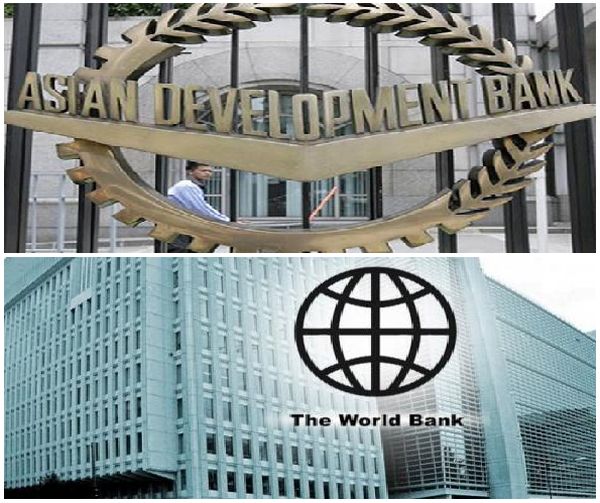MANILA, PHILIPPINES: The Asian Development Bank’s (ADB) projects, programmes, and other development support for its developing members in Asia and the Pacific amounted to $33.74 billion in 2019, underscoring ADB’s strong commitment to its vision of a prosperous, inclusive, resilient, and sustainable region.
ADB’s Annual Report 2019, released on Monday provided a comprehensive account of the operational and financial results of ADB in 2019—the first full year of implementation of the bank’s long-term corporate strategy, Strategy 2030.
“I am encouraged by our efforts in 2019. I am heartened by what we have achieved so far in 2020,” said ADB President Masatsugu Asakawa. “We will build on these achievements to ensure we remain relevant and responsive to our members’ needs as they take action to combat and recover from the novel coronavirus disease (COVID-19) pandemic.” To respond to COVID-19, on 13 April this year, ADB approved a $20 billion package to finance wide-ranging actions and programmes to help its developing members address the impacts of the pandemic.
New commitments in 2019 included $21.64 billion in loans, grants, investments, and guarantees from ADB’s own resources to support the growth and development plans of its developing members. Disbursements in 2019—a key indicator of successful project implementation—reached a record $16.47 billion, a 16.1% increase from 2018.
The ADB’s private sector operations in 2019 reached the $3 billion mark for the second consecutive year, reflecting plans to expand private sector investments into new sectors and frontier markets.
Co-financing amounted to $11.86 billion in 2019, with ADB’s private sector operations accounting for $6.98 billion of total co-financing. The ADB climate financing reached a record high of $6.55 billion in 2019. The bank met its goal of doubling its annual climate investments from $3 billion in 2014 a year ahead of schedule. This highlighted ADB’s strong commitment to climate change action. Strategy 2030 sets a target for cumulative climate financing of $35 billion by 2024 and $80 billion by 2030.




